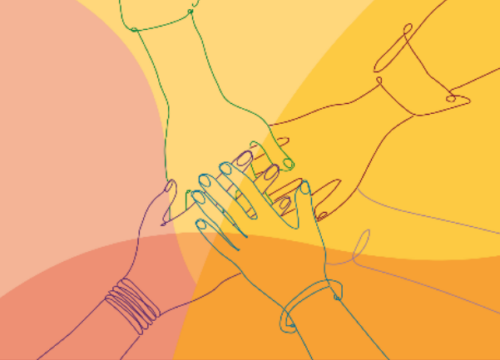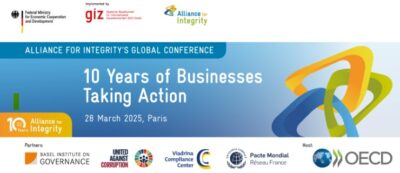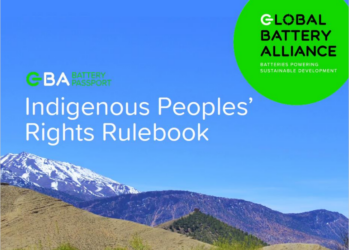The MSP approach provides the foundation for positions and perspectives of diverse stakeholders from different areas and calls for the active and equal design of partnerships. At best, this aspiration should be reflected in joint decision-making processes, equal representation on committees and unanimously agreed implementation projects. However, MSPs also open the possibility to reflect and examine conflicts and power asymmetries. In fact, this is crucial for a respectful and appreciative cooperation based on trust, communication and shared understanding.
Resources such as financial contributions and political power are considered just as valuable as time, knowledge and commitment dedicated to the partnership and are ideally not associated with more influence.
The aim of gender equality is the equal participation by all people in social, political and economic life in order to create just and strong societies. This requires everyone – regardless of gender, sexual orientation, gender identity or other discriminatory characteristics that can be intertwined. Genuine equality has not yet been achieved in any country in the world. The feminist development policy of the Federal Ministry for Economic Cooperation and Development (BMZ) and the feminist foreign policy of the Federal Foreign Office (AA) demand equal rights, resources and representation for women in all their diversity and have been campaigning for the past year. Because balanced and fair solutions can only be achieved when all people are empowered to participate equally and contribute their knowledge to discussions and decision-making processes.
MSPs promote values and attitudes that favor equal participation. The approach is promising as a format for working primarily on gender equality, but also for equal design and gender mainstreaming in partnerships on the diverse topics of the 2030Agenda.
The Generation Equality Forum is the global multi-stakeholder partnership to achieve SDG5. The MSP is coordinated by UN Women and pools gender activities of stakeholders worldwide. Germany plays a leading role in the working groups on economic justice and rights, bodily autonomy and sexual reproductive health and rights (SRHR) as well as gender-based violence.
The Global Alliance for Care campaigns for the transformation of care work globally. As the unequal gendered distribution of care is a key obstacle to the economic empowerment of women and societies in general. The MSP was initiated as the first global initiative of its kind by the National Institute of Women in Mexico (INMUJERES) and UN Women in the context of the drastic increase in care work caused by COVID-19. Germany is a member of this Alliance.
The Global Financing Facility is a global initiative to close the financing gap on health systems and nutrition benefitting women, adolescents and children. At the end of last year, Federal Minister Svenja Schulze announced a contribution of additional 25 million euros as renewed support for this Global Health Fund.
Addressing gender equality is also relevant for MSPs that primarily focus on other topics and developmental challenges. Because social gender roles, patriarchal norms and stereotypes shape our realities and structures in all areas. Every action thus has an impact on discrimination and oppression along gender and other characteristics. Many MSPs deal with this and show strong commitment.
The UN Global Compact, an initiative for an inclusive, sustainable global economy, has launched the initiative Forward Faster that puts gender equality on the agenda. Companies can explicitly commit to gender equality at all levels and equal pay for work of equal value.
Stakeholders from business, politics and civil society are committed to fair working conditions in textile supply chains in the Partnership for Sustainable Textiles. As gender-based violence and discrimination against female workers is a pressing issue in the textile industry, gender equality is a focus topic of the initiative. Since the middle of last year, the alliance is also led by a steering committee, that is comprised of more women than men for the first time.
The MSP Cotton made in Africa (CmiA) is an internationally recognized standard for sustainably produced cotton. Gender equality is part of the standard, which calls for equal pay for equal work, equal access to resources and means of production, as well as maternity protection. There are also targeted projects aimed at women and girls, including a girls’ school project in Tanzania in cooperation with fashion brands.
These examples show that MSPs are committed and have great potential to contribute to gender equality. One thing is certain: transformative change and sustainable societies are created when everyone can participate on an equal footing. To achieve this, it is important to reflect how discrimination arises and to counteract socialized patterns with courage.
Because: “It is not our differences that divide us. It is our inability to recognize, accept and celebrate these differences.” Audre Lorde
[Comment by Jana Borkenhagen]



